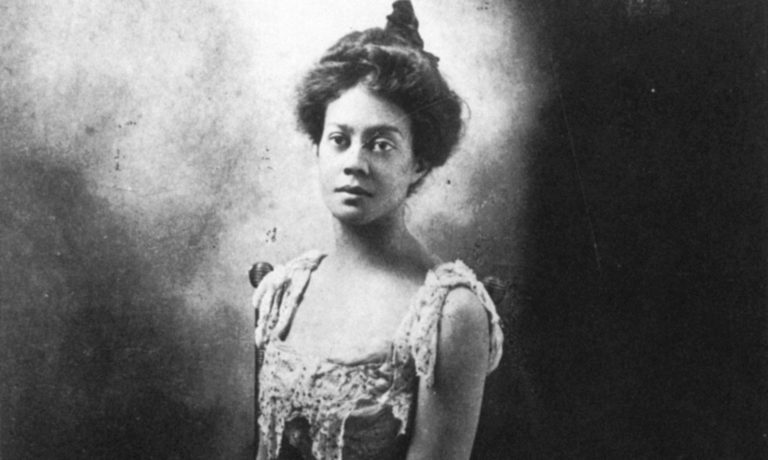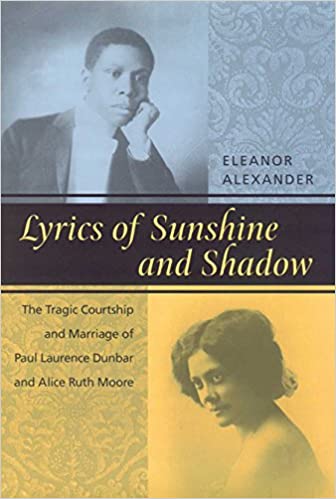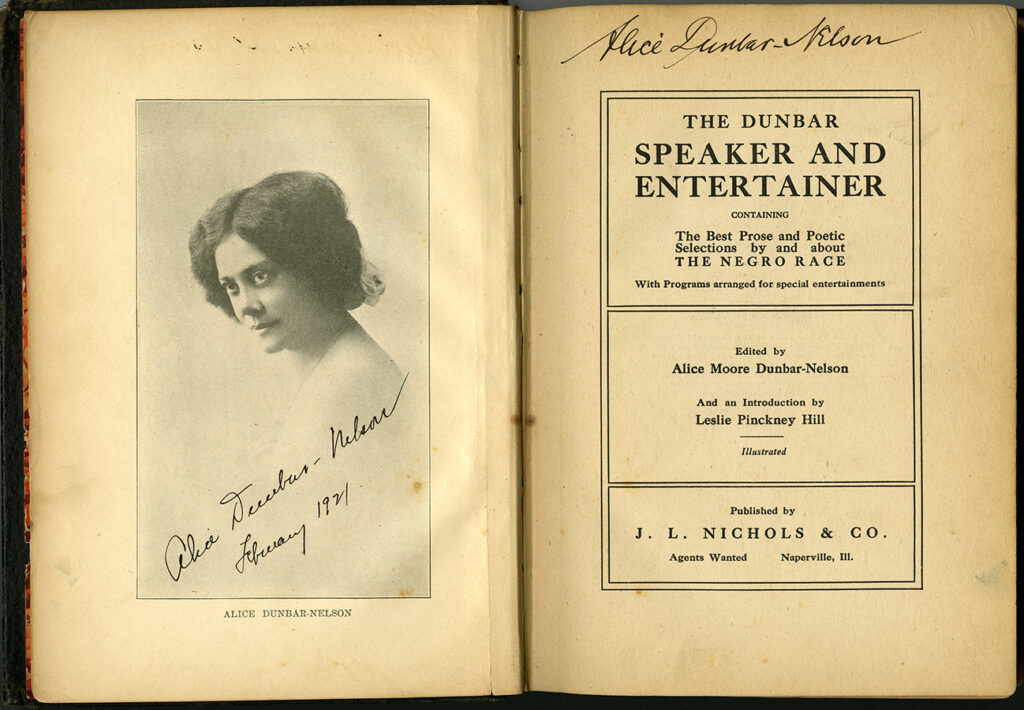
At the turn of the 20th century, New Orleans born, Alice Dunbar-Nelson was the real deal, a person who went all out to educate and mobilize her people. As an author she first published fiction and poetry, and then went on to write columns, opinion pieces, and a diary. Indeed, when Paul Laurence Dunbar read one of her published poems, he immediately dedicated himself to pursuing her attention and affection.

Paul wrote letters, shared poems, became a dedicated suitor. Eventually, they were married after a tumultuous courtship. And then, less than five years later, they separated. He had literally alternated between being an ardent swain and a physically brutal husband. After they split, Paul repeatedly begged for a reconsideration.
Today, we would call Alice Dunbar-Nelson a feminist. She had been married to one of the most famous personalities and authors of the era but walked away. Paul was unrelenting in seeking a reconciliation. Alice stood firm on her principles. She responded to his entreaties with a one-word reply: “No.”
Although they never re-married, Alice was never petty or personally antagonistic toward Paul. One of her major books was the massive 1920 anthology The Dunbar Speaker And Entertainer, which includes over a dozen selections by Paul. On the dedication page of that book, Alice writes “To the children of the race which is herein celebrated, this book is dedicated, that they may read and and learn about their own people”.

After the dissolution of her marriage, Alice Dunbar-Nelson continued to work as an educator and as a journalist confronting the issues of her day. She refused to quietly accept repeated abuse and, at the same time, relied on her own abilities to support herself while simultaneously helping family members. Her choice was not an easy decision in an age when being married was the goal of many educated Black women, not to mention being married to America’s most famous Black author.
In a 2020 edition of the Paris Review there is a detailed synopsis of Alice Dunbar-Nelson’s career. Her personal life is highlighted including two subsequent marriages as well as lesbian relationships.
Although she is not widely celebrated, her fortitude and dedication to both her writing and her self-respect make her an exemplar of a twentieth-century woman even though she was born in the 19th century (19 July 1875) and died shortly after the 20th-century Harlem Renaissance (18 September 1935).
Unfortunately, women writers born after Reconstruction and before World War One are relatively unknown in both popular literature and Black history. Alice Dunbar-Nelson ought to be better known. Spread the word and help celebrate a major writer.
